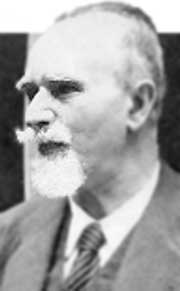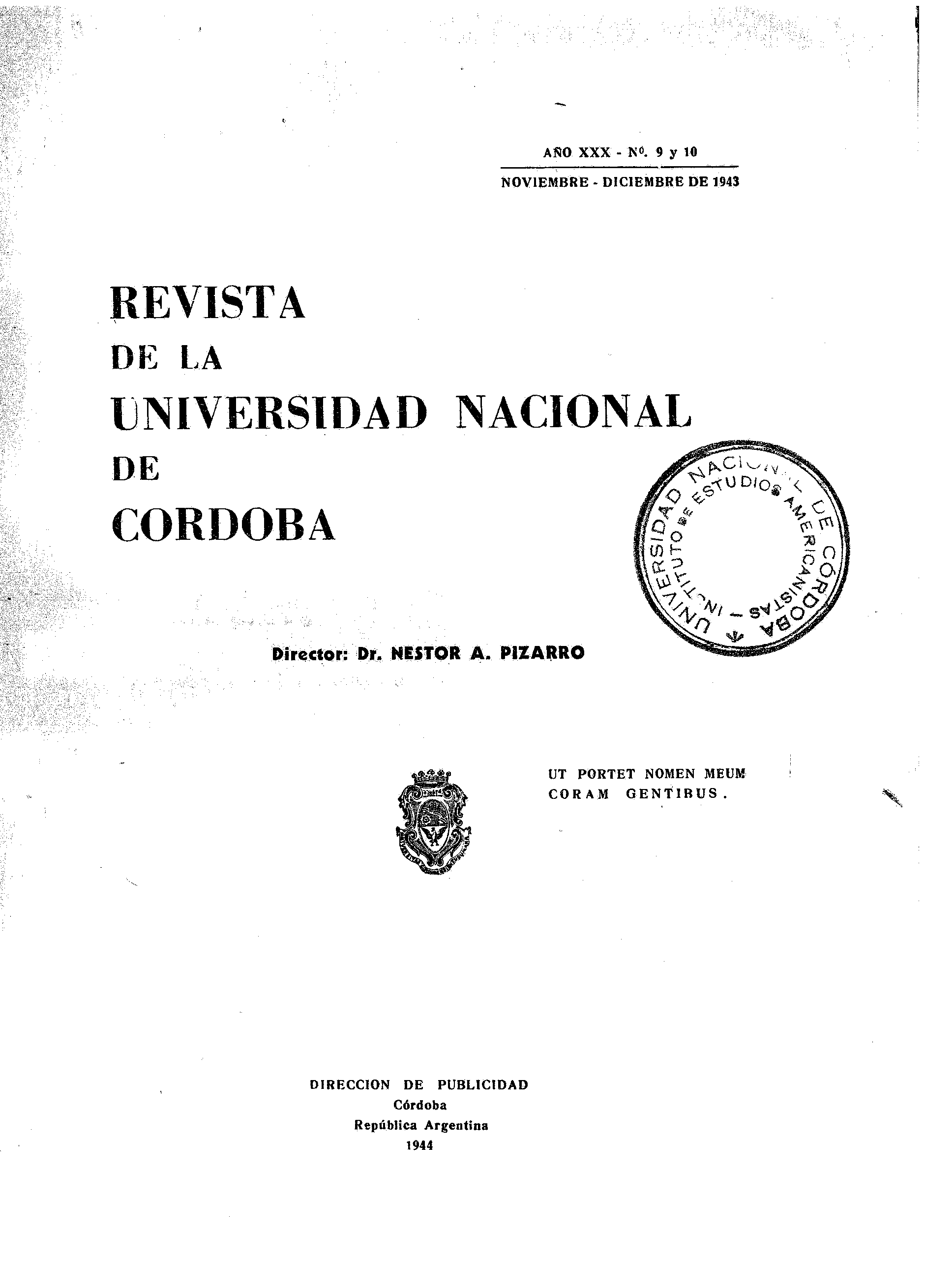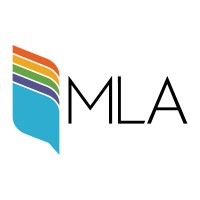Galileo's thought and its relationship with Philosophy and Ancient Science.
Keywords:
Observation, Demonstration, Experimental method, Galileo, ancient scienceAbstract
In a letter dated January 2, 1638, four years before the date of his death (January 8, 1642) Galileo Galilei - the great investigator of nature and founder of modern science, whose third centenary we celebrate in this year 1942 - communicated to his friend Elia Diodati the unfortunate news of his complete blindness, which would prevent him from any further realization of his admirable inquiries and observations of natural facts. ''Galileo, your friend, has become completely blind, so that that heaven, that world, that universe which I by my marvelous observations and clear demonstrations had enlarged by a hundred and a thousand times more than commonly believed, is now diminished and restricted for me to the point of reaching nothing but my person''. The glory that the old contemplator of the sky, now rendered impotent, attributed to himself was neither vain boasting nor senile satisfaction, as Henry Martin considered it in his book on Galileo, but a firm awareness of the significance and transcendence of his celestial discoveries.
References
(1) Carta a Elia Diodati, 2 de enero de 1638.
(2) H. MARTIN, Galileo, les Droits de la Science et la Méthode des Sciences Physiques. París, 1868.
(3) NICOLA ANTONIO STELLIOLA: II Telescopio o Ver Ispecillo Celeste (Napoli, 1627).
(4) Carta a la Gran Duquesa Madre, madama CRISTINA DE LOREN A, en Le Opere di Galileo Galilei, edizione nazionale (1890-1907, en veinte tomos). T. V, 309-348.
(5) Cfr. en el diálogo sobre I Due Massimi Sistemi del Mondo (Opere), ed. nación., VII, págs. 126 y 131).
(6) Liard, Descartes, París, 1903, el capítulo: Du róle de l'experience dans la Physique Cartesienne, y cfr. también Principes, IV, art. 204 y 205 y otros pasajes citados por Liard.
(7) II Baggiatore (Opere, VI, 262 y sigts.). Cfr. las citas en la obra de A. PASTORE, II problema della causalitá, (Torino, 1921), Vol. I, pág. 120.
Downloads
Published
Issue
Section
License
Copyright (c) 1943 Universidad Nacional de Córdoba

This work is licensed under a Creative Commons Attribution-NonCommercial-ShareAlike 4.0 International License.
Commercial use of the original work and any derivative works is not permitted, and distribution of derivative works must be made under a license equal to that which governs the original work.







